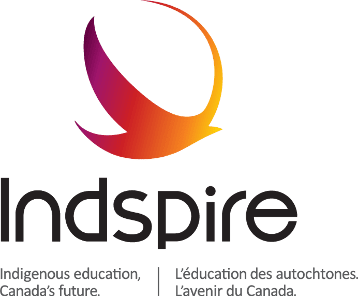Beginning your post-secondary journey marks the start of an exciting new chapter. It’s a pivotal period of growth, discovery, and knowledge accumulation. However, for Indigenous students, this journey often presents an additional layer of complexity. The task of preserving your cultural heritage while navigating the Western academic system can feel like a demanding balancing act. Nevertheless, with the right strategies and resources, you can successfully bridge these two worlds. Below are some insightful approaches to help you create and maintain robust social and cultural connections throughout your post-secondary life.
The Role of Cultural Identity in Personal Development
A post-secondary education reaches beyond the confines of earning a degree. It represents an all-encompassing process that should nurture your complete personal growth and development. For Indigenous students, it becomes crucial to incorporate cultural identity into this growth narrative. Embracing and maintaining a firm connection with your culture and community can significantly enhance your sense of belonging, directly enhancing your well-being and academic performance.
Universities, colleges, and trades schools can actively participate in this process by incorporating Indigenous culture into daily campus life: organizing cultural events, introducing Indigenous studies programs, or even designating spaces on campus specifically for Indigenous students. Engaging in these initiatives and programs can enrich your academic experience and help you to preserve and express your cultural identity.
Establishing a Network of Support
Embarking on post-secondary life, especially when it involves leaving home, can initially evoke feelings of isolation. A sturdy support network becomes an essential remedy for these feelings. Initiatives such as peer-mentorship programs can play a critical role in establishing this support network. Through these programs, Indigenous students who have already navigated university life can provide you with valuable academic advice and help you understand and manage cultural nuances.
One such program is Rivers to Success, which centres primarily on Indigenous student mentorship. It’s a comprehensive platform where Indigenous students just like you can find guidance and support from mentors who share similar backgrounds and experiences. Rivers to Success focuses on fostering a strong sense of community, helping Indigenous students navigate both their academic journey and cultural identity. By doing so, it contributes significantly to lessening any isolation you might feel while enhancing your post-secondary experience.
Joining cultural associations or clubs also presents an excellent opportunity for Indigenous students. It allows you to connect with peers who share similar experiences, participate in cultural activities, and foster a sense of community. This supportive network can act as a comforting backdrop throughout your post-secondary journey.
Advocating Cultural Competency
An integral part of enabling Indigenous students to feel fully integrated into post-secondary life involves promoting cultural understanding and respect among the wider student body and faculty. Universities can foster cultural competency by offering workshops, courses, and creating inclusive policies. A post-secondary environment that champions cultural competency enables Indigenous students to feel valued and respected, promoting stronger social and cultural connections.
Promotion of Indigenous Leadership
Encouraging Indigenous students to occupy leadership roles within the university community can bring about significant advantages. It benefits the students themselves and enhances the cultural dynamics within the university environment. Leadership roles in student government, cultural associations, or academic committees provide valuable opportunities for Indigenous students to amplify their cultural heritage, develop leadership skills, and contribute to increasing cultural diversity on campus. Check out the leadership roles available on your campus – and consider signing up! You’ll be benefiting your community and gaining valuable experience.
The Importance of Allyship
The role of non-Indigenous students and faculty members is crucial in enhancing the university experience for Indigenous students. They can act as allies, showing respect for Indigenous cultures, actively participating in cultural events, and advocating against discrimination. This allyship goes beyond mere support for Indigenous students. It involves learning from Indigenous students and appreciating the richness of their cultural heritage.
In conclusion, nurturing robust social and cultural connections is not only beneficial but essential for your success in university, college, or trades school. Making these connections can enhance your sense of belonging, contribute to your personal and academic development, and add to the diversity and richness of the university community. It’s essential to prioritize these connections from the outset, setting a strong foundation for a successful and culturally rich post-secondary experience.






